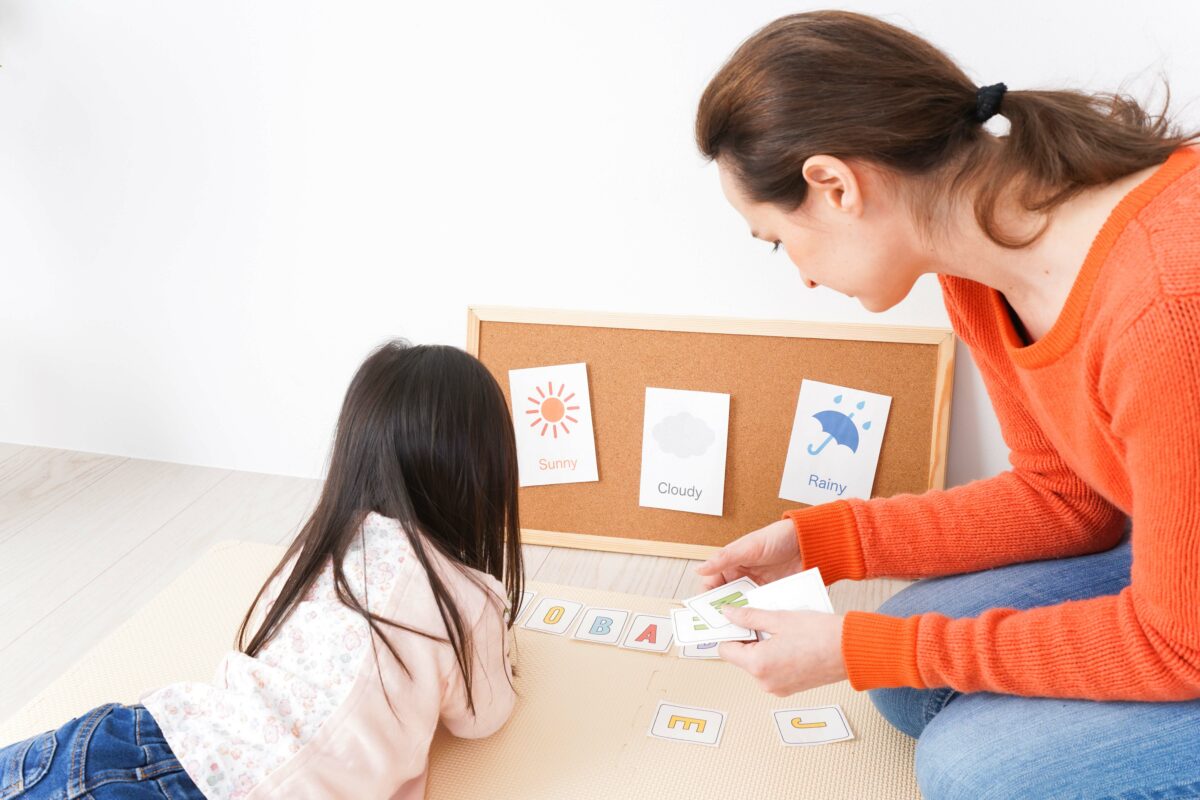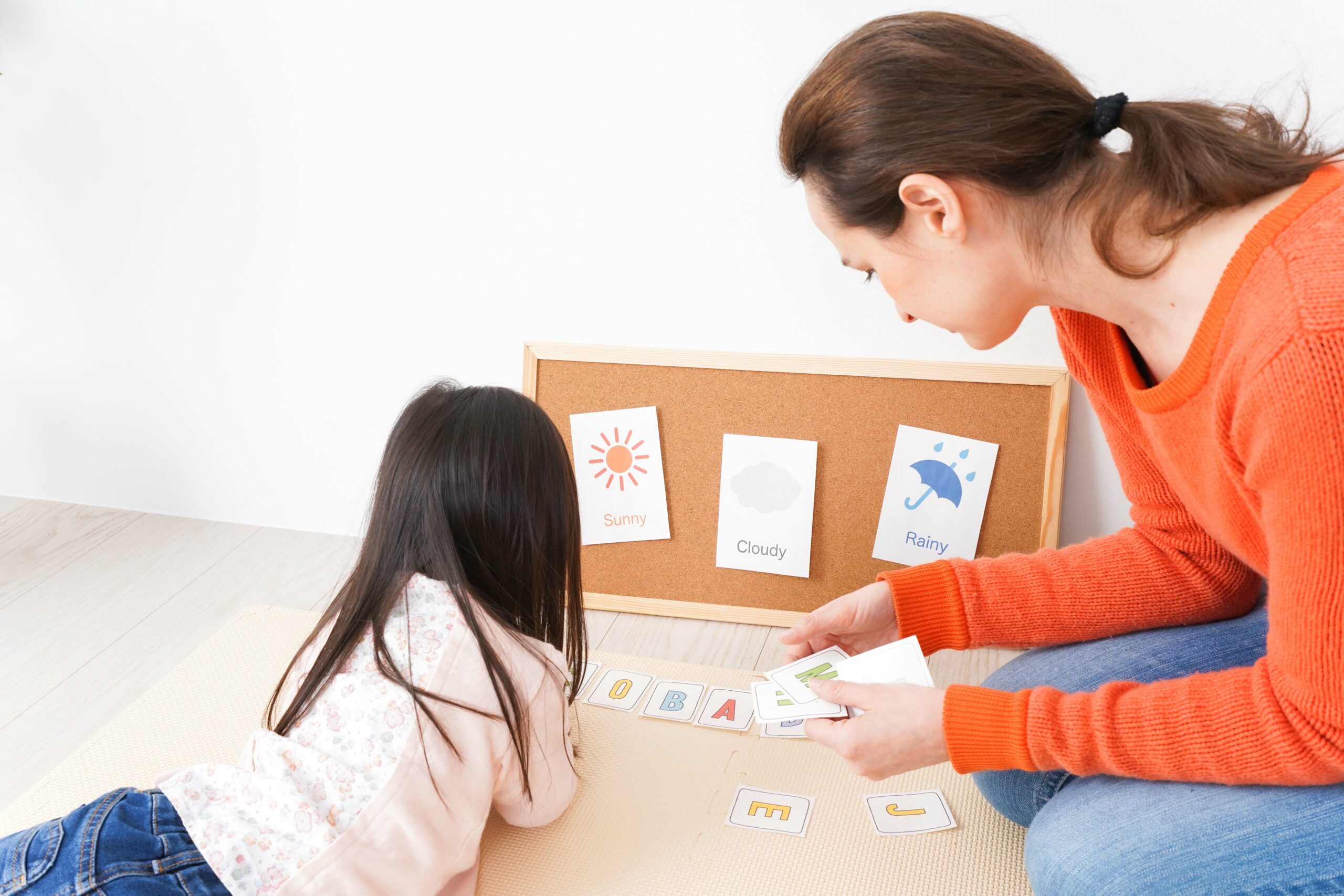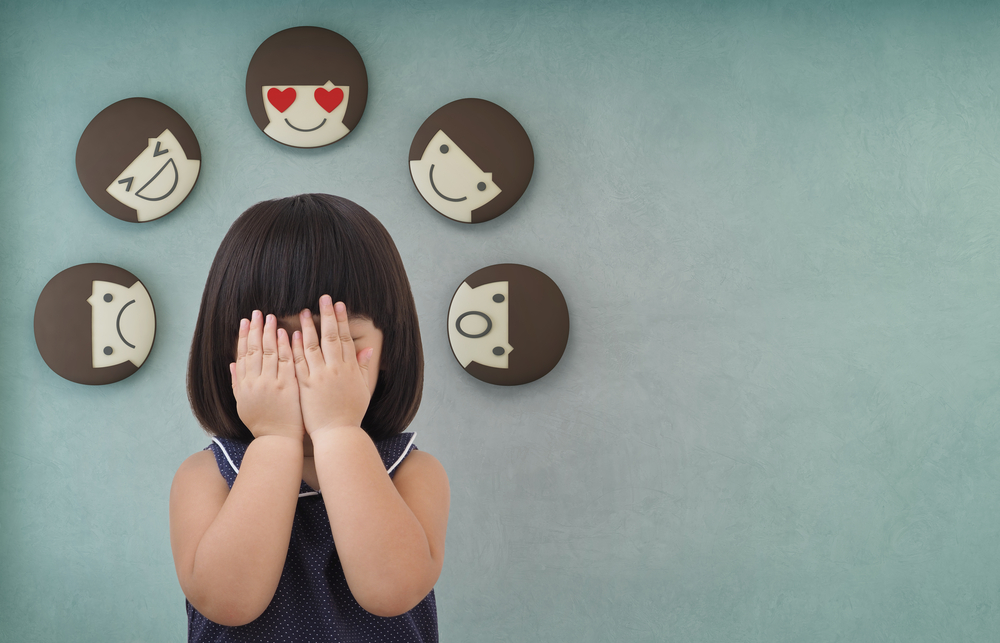school

Source:Family Dynamic, Psychotherapist, Lai Shun Mei
Sometimes, children may cry when they are slightly dissatisfied, and parents may have tried different methods to comfort their children, but the children still cry from time to time. This may make parents feel tired, helpless, and even annoyed. In fact, children’s crying is usually a way of expressing their emotions. Because their language is not yet developed enough to convey a complete story, their own feelings, and some thoughts, they will use the most direct or fastest way to seek help when they are unhappy, which is to cry, just like when they were infants.
Let’s not assume that just because children can walk, talk, and go to school, we need to talk to them more about reasoning. In fact, in the preschool years, parents should provide more emotional support to their children. Maslow, a well-known psychologist, came up with the five-level theory of human needs. The levels are physiological, safety, social, esteem, and self-actualization. As children’s cognitive development matures, they have already reached the third level of social needs, which is love and a sense of belonging.
At this time, they need to feel the care and love from people around them, and they begin to recognize their own emotions. Therefore, if parents can help them express their emotions and thoughts, not only will their language skills improve, but their social needs will also be met.
When we see a child crying, we as parents can say something like this to them: “You seem very unhappy; maybe you don’t like it when mommy talks to you in a harsh tone.” “Your little brother took your toy without asking, which made you angry.” If you can speak accurately to the child’s feelings, they will quickly nod and stop crying. Over time, they will learn to use other means to express themselves instead of crying.
Some parents may wonder why their usually talkative kids can’t say what they’re feeling when they’re sad. This is because emotions can affect rational thinking. If I asked you to give a speech on stage right now, how would you feel? You may feel nervous or even a little scared, and if I don’t give you time to prepare, you may not be able to say a word. You can see that emotions can affect adults, let alone children.
So, as parents, we should first calm down and then carefully watch and try to figure out why our kids are crying. Then, put yourself in their shoes and express your thoughts and emotions. This way, the child will not cry anymore.

















